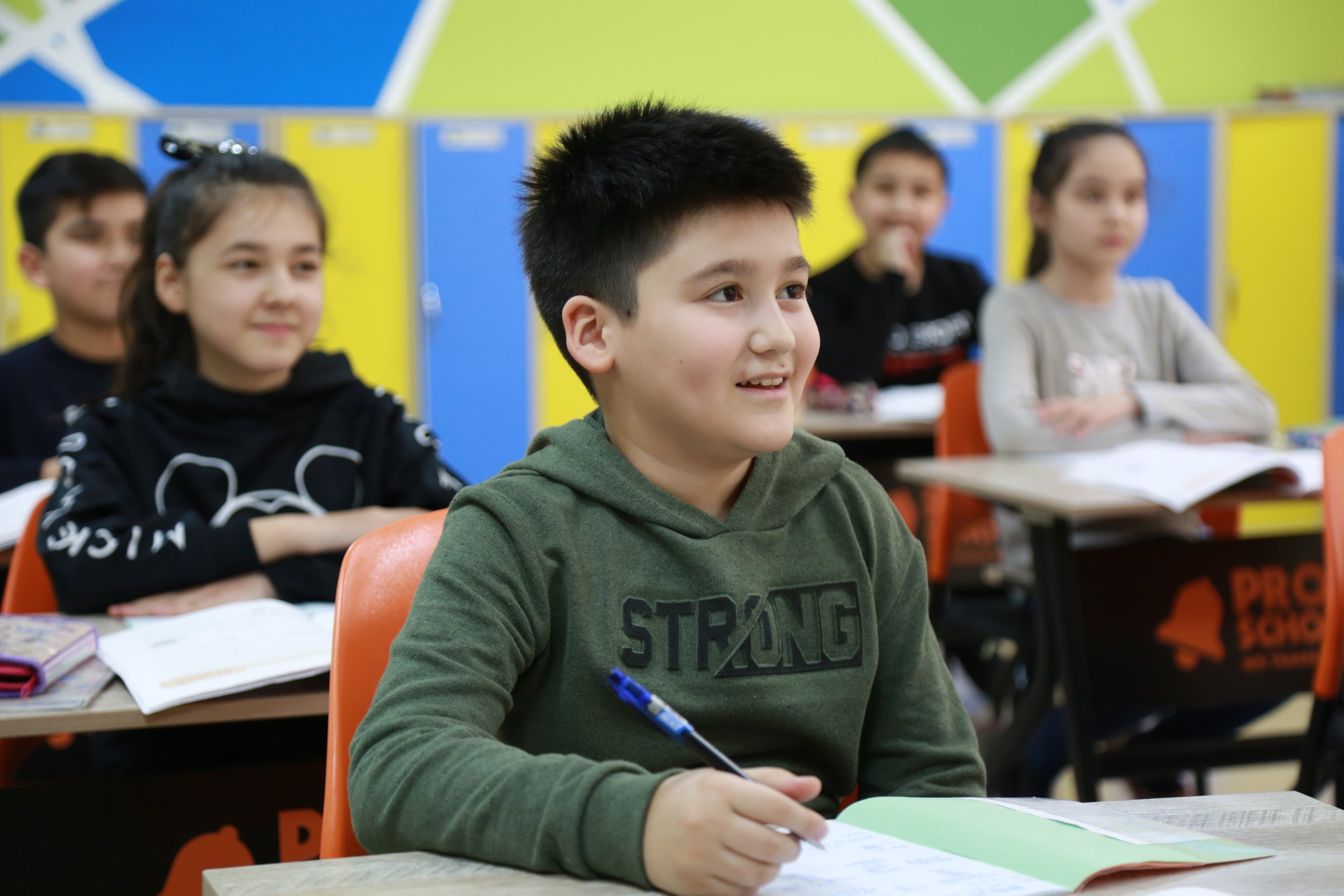
Psycho-Educational Assessments
-
Psycho-educational assessments are typically considered for child, adolescent, or adult learners to identify the individual’s learning style, strengths, challenges, and other factors that might be that might be affecting their academic performance. For school-age individuals, teachers may raise concerns based on their observations of the student in the classroom. In the case of adults, they often request such an assessment to identify barriers to higher learning or their career. A psycho-educational assessment can investigate the individual’s unique concerns to help determine if a significant learning challenge might be impeding their ability to perform to their full potential. Once challenges are identified, accommodations or supports can be determined that may improve school or work functioning.
-
A developmental history form completed by parents or the adult learner prior to the assessment
In-depth interviews with the learner and (typically) their parents
With client and/or parent consent, semi-structured interview forms and/or questionnaires completed by classroom teachers
Review of background information, including academic records (e.g., report cards and Individual Education Plans) and any previous assessment reports (e.g., Speech-Language Assessments or Occupational Therapy)
Direct assessment of the student’s current cognitive abilities to identify natural strengths and weaknesses in thinking skills (also known as intelligence (IQ) testing)
Direct assessment of other potential contributing factors to the student’s learning profile (e.g., memory skills, attention, organizational skills).
Direct assessment of a student’s academic skills (including various aspects of their oral language, reading, writing, and math skills)
Screening, and possibly more in-depth, assessment of, any social, emotional and/or behavioural differences that could influence one’s learning profile
-
Following the assessment, the psychologist evaluates all of the collected information and identifies the student’s learning strengths and needs, as well as factors that may be contributing to challenges at work or school. Sometimes the information collected supports the diagnosis of a learning difference (i.e., Intellectual Developmental Disorder, Specific Learning Disorder, or giftedness). This information is then shared during a feedback appointment. A written report is sent out several weeks after the feedback session.